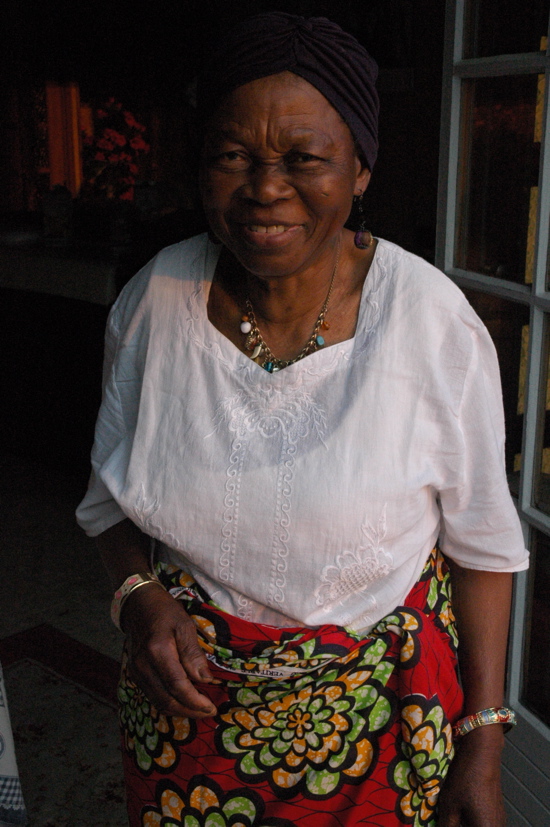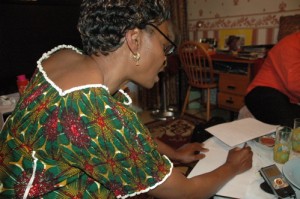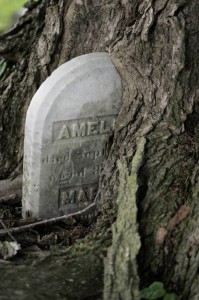This weekend I will be resting for Shabbat as usual. Afterward I will interview my Aunt Malu (seen in the picture above).
There is one minor detail to this plan: my aunt doesn’t speak French. And I barely know any Tshiluba.
No worries, I tell myself, this issue will only spice up our conversation.
I look up some synonyms of ’spice up’ on Thesaurus.com:
“animate, brace up, brighten, divert, entertain, excite, fire up, galvanize, give life to, invigorate, jazz up, juice up, quicken, spark, stimulate, vivificate, vivify, wake up, zap.”
Yep! I can visualize the interview already.
Thank you for reading my stories. Your comments and emails are very much appreciated. Feel free to contact me on my website by filling out the contact form: http://kabuikakamunga.com.
See you next week with new stories of my travels, including “If you want to die quickly, sleep with a Luba woman.”
When it comes to methodology, genealogists say there are three ways of gathering information: find documents in family homes, interview parents, and visit cemeteries.
Now let’s look at this from a Congolese perspective.
Method #1. Find documents such as birth certificates.
That’s only possible when the family is living in the West. If you ask someone in the Congo to send you a copy of a birth certificate, you could wait a while, a long while.
I have a cousin in Europe, who requested a copy of his birth certificate from Kinshasa. He had to wait 6 months to receive it. And when the document arrived, the place of birth was wrong. It said he was born in Kinshasa, instead of Lubumbashi. Not wanting any further delays, he did not request another one. So now in his immigration status in Europe, he officially was born in Kinshasa.
This would be alright … if he didn’t have a twin sister.
Place of birth of my cousin: Kinshasa
Place of birth of my cousin’s twin sister: Lubumbashi
Welcome to my genealogy world!
Method #2. Interview parents, grand-parents, uncles, aunts, and anyone you can get hold of.
This we can do! That’s about the only sure thing we can do in African genealogy since we have a strong oral history culture. In our large families, elders are the guardians of collective memories and are eager to pass on the knowledge to the next generations.
In Paris, I am immersed in oral history. Knowledge is given though stories colored with humor, laughter and the storyteller’s personal snazziness. Read any of my earlier blog entries and you’ll get a taste of it.
Method #3. Visit family tombstones to find names and dates of birth and death.
That works only in well-kept cemeteries like in the West (or even in Morocco). When you die in Kinshasa, you have a chance to be “found” if you get buried in an expensive cemetery, maybe alongside diamond businessmen and powerful politicians. I remember my mother trying to find her father’s tomb a few months only after he passed away. She came back from the cemetery laughing. She never could find it. Overgrown vegetation had taken over the graves.
So do you think that the next time I am in Kinshasa I will find my grand-father’s tomb? Not a chance!




